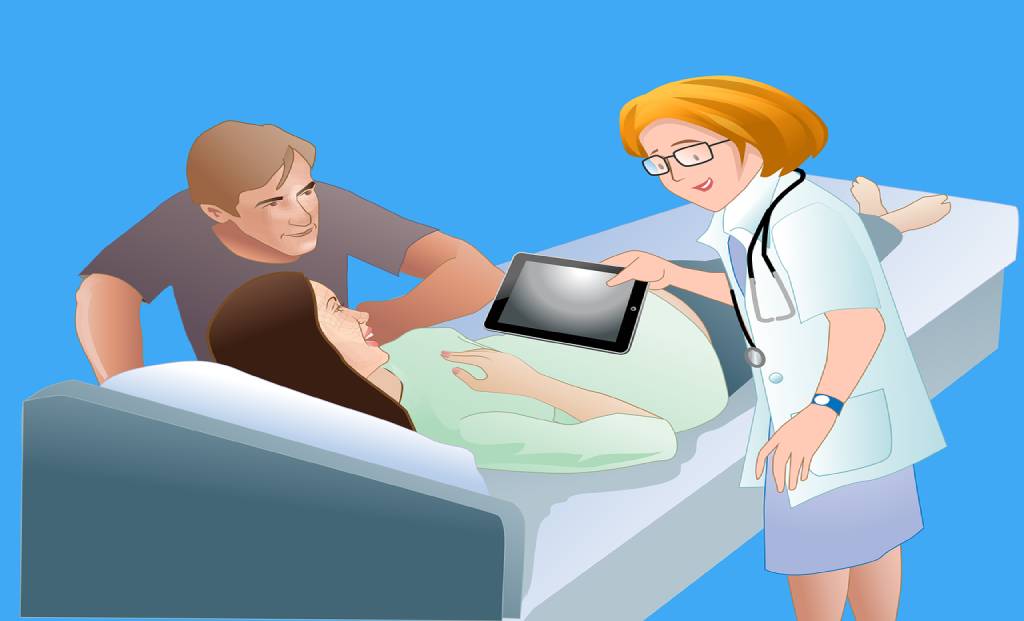Stroke is a global healthcare challenge and the fourth leading cause of death and the fifth leading cause of disability in India. In stroke, the blood supply of the brain is hampered, which deprives the brain of oxygen and nutrients. As per epidemiological studies, on average 105 to 152/100,000 people are affected by stroke every year. Considering the huge population of India, stroke is a huge healthcare burden. In the current weather where the temperature is dipping down to near 0 degrees Celsius, it is important to take extra care of people in the high-risk group. A delay in treatment often results in irreversible brain damage.
Dr.Manish Vaish, Director Neurosurgery, Max super-specialty hospital, Vaishali, Ghaziabad, says, “Winters are known to increase the risk of hemorrhagic stroke. The reason behind the increased risk is the way our human body is programmed to work. Vessels that carry blood to various organs are programmed to react to temperature changes. There lumen increases in hot conditions and decreases in cold weather. Studies have shown that the frequency of hemorrhagic stroke during winter (62.2%) is significantly greater than that during summer (37.6%). Some studies have established a linkage between snowfall and increased incidence of stroke in men; however, no such data is available for women. Not only winters but any sudden temperature changes are associated with a high risk of stroke. As per studies, an average daily temperature change of 5 degrees Fahrenheit was associated with about a 6 percent increase in stroke risk and hospitalization”.
Men are at higher risk of stroke than women and lifestyle habits like smoking & excessive drinking, can be the possible reason behind the increased risk. Other risk factors for stroke include obesity, physical inactivity, medical conditions such as high blood pressure, high cholesterol, diabetes, heart failure, use of birth control pill, and age.
“People with risk factors for stroke should be extra cautious during winters. Young members of the family must take extra care of elders and be watchful for the symptoms of the stroke. Some of the early signs of stroke include numbness of the face, slurred speech, inability to understand a conversation, headache, loss of vision in one or both eyes. If any of these symptoms are observed, the patient should be rushed to the nearby healthcare facility. Time is critical in stroke patients. Earlier a patient received medical facility better are the outcomes”, added Dr. Vaish.
Stroke is a dreadful medical condition yet most of the risk factors are modifiable. To decrease the risk people are advised to:
- Stop smoking
- Consume healthy diet
- Avoid Junk Food
- Limit the consumption of red meat and salt
- Do not expose to sudden temperature variation
- Keep warm during extreme cold
- Indulge in daily physical activity
- Keep your cholesterol in check
- If hypertensive, take medicines on time to keep blood pressure in normal ranges.











